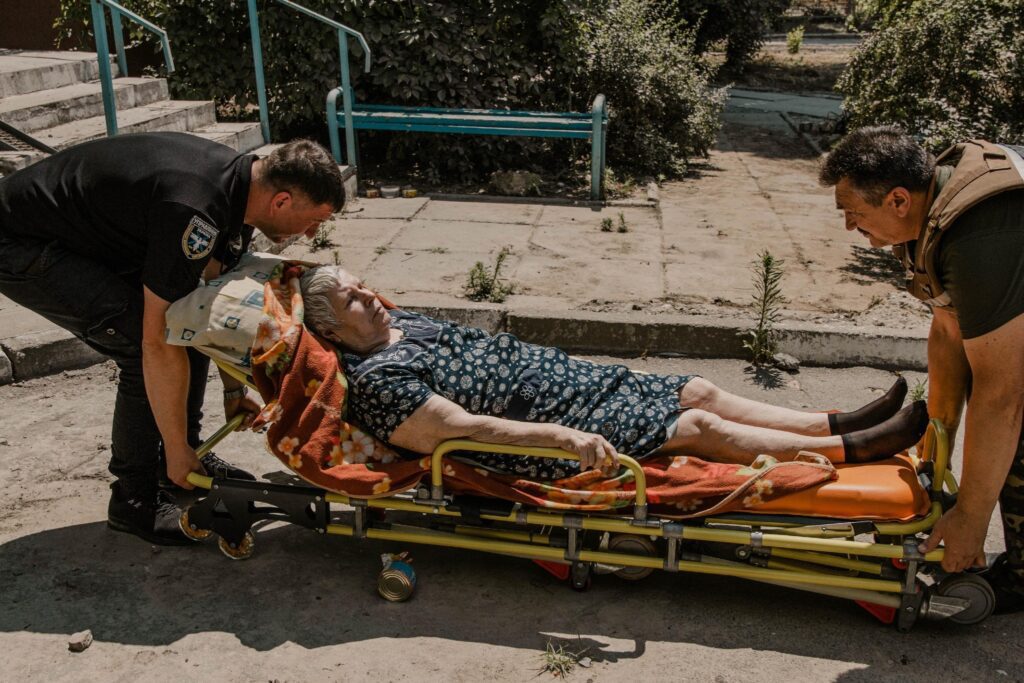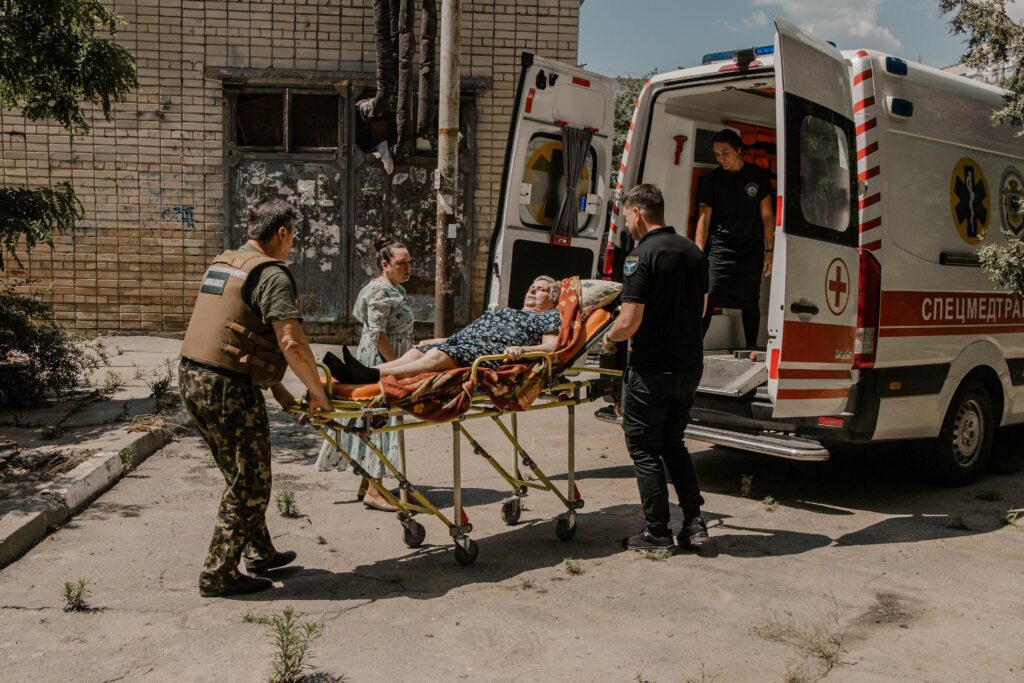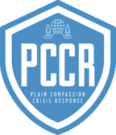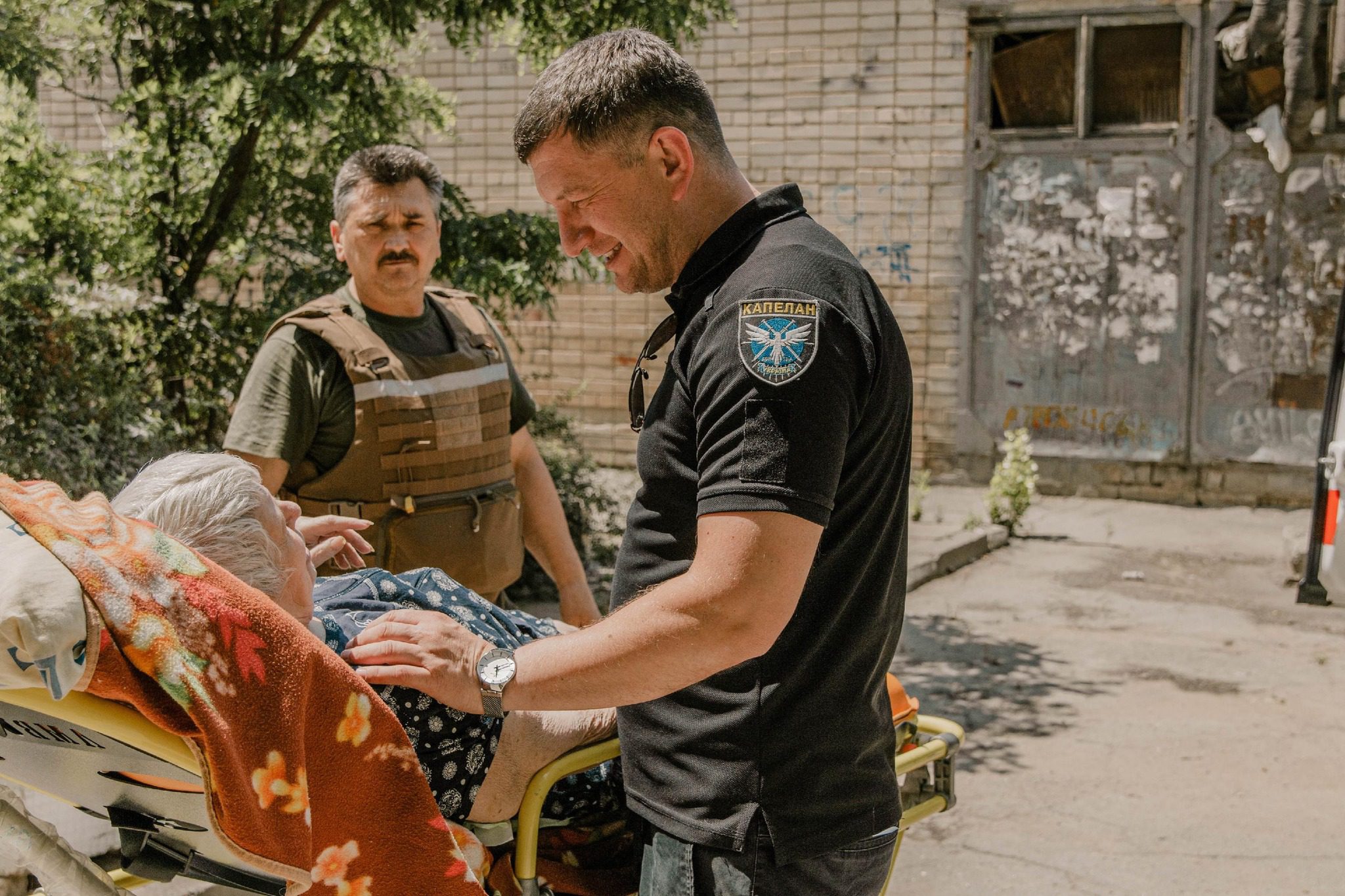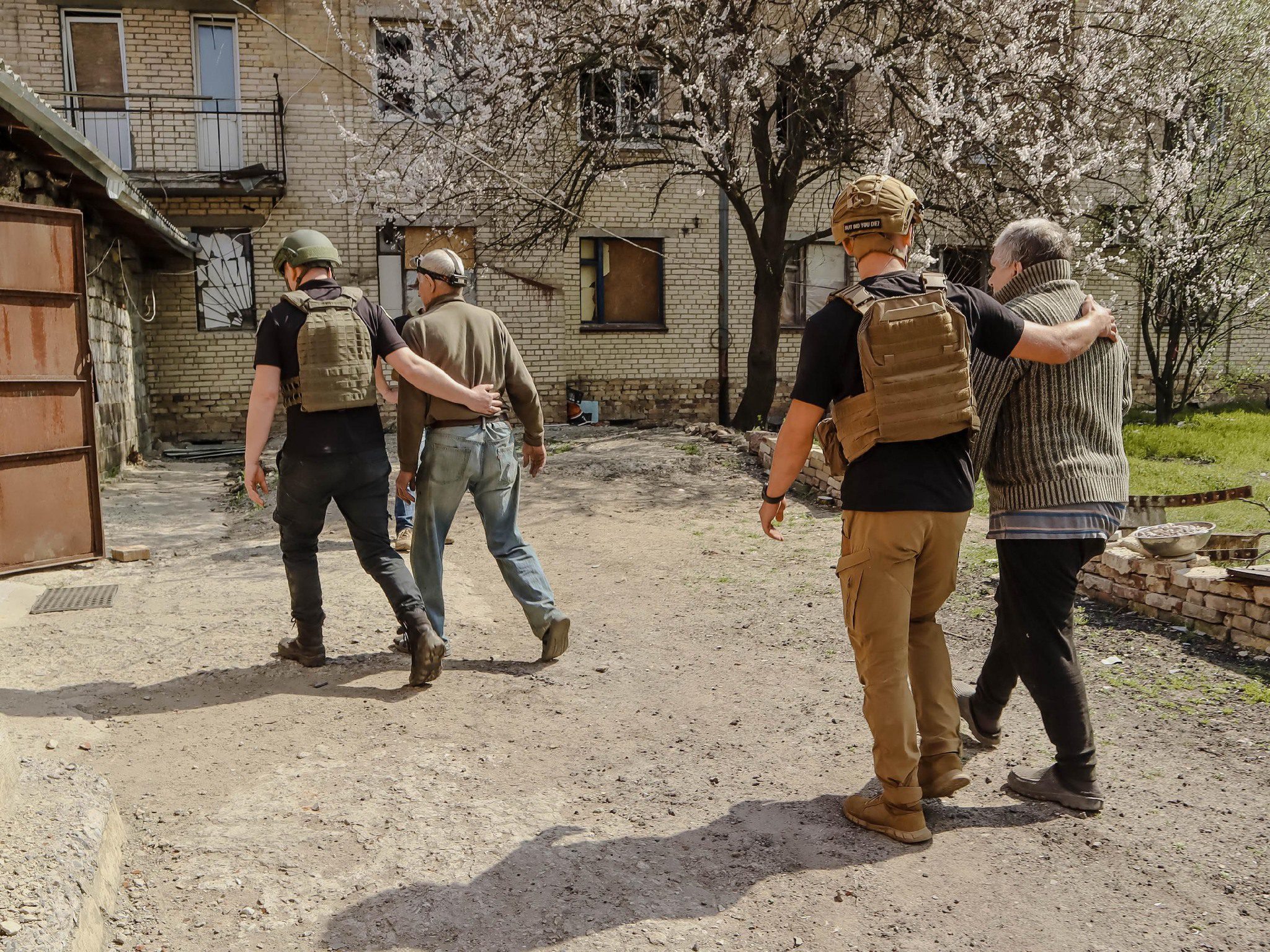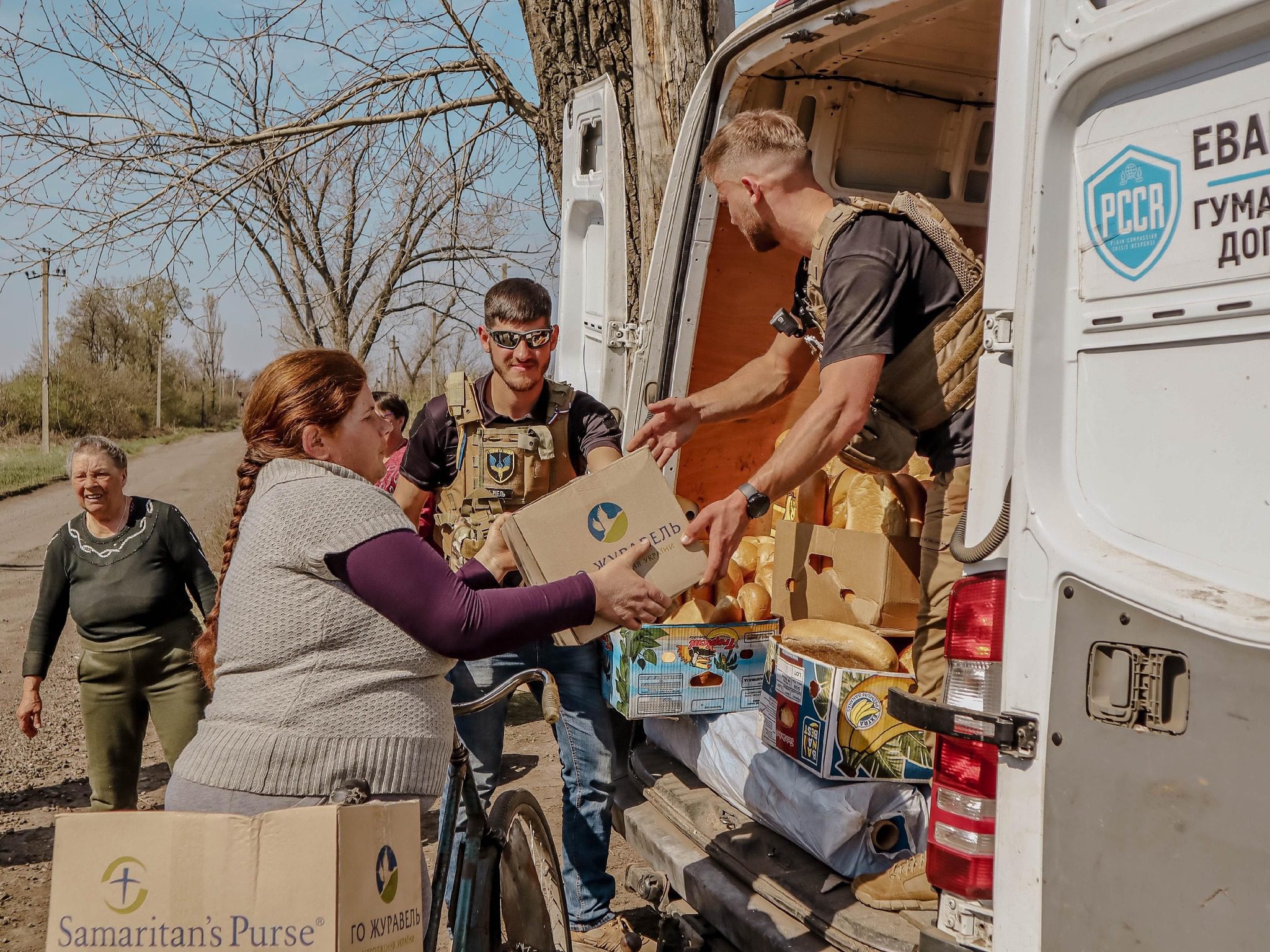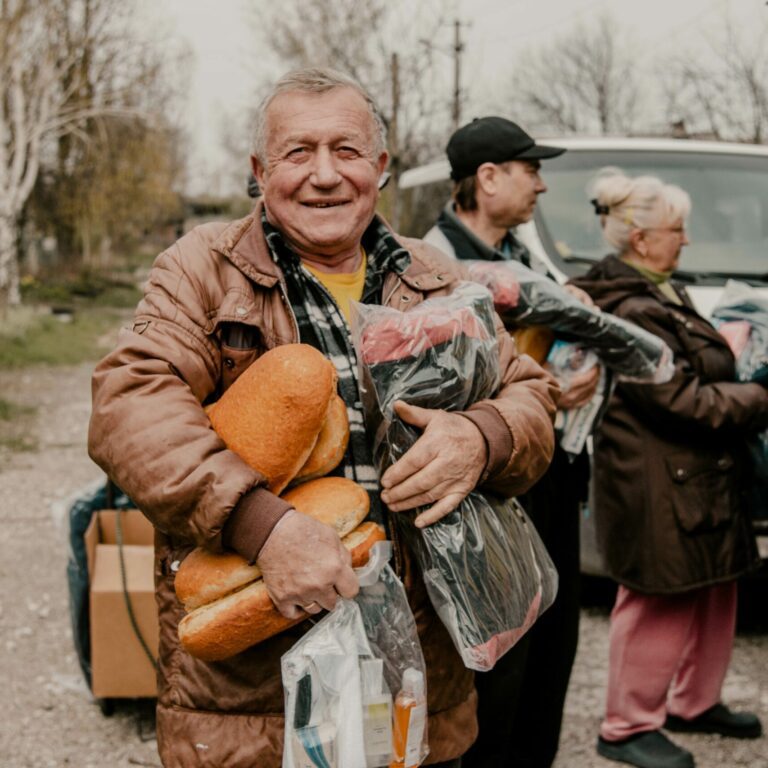On the very first boat trip in Kherson, a few of our team evacuated an elderly woman who had recently suffered from a stroke, along with having other medical needs. The team brought her to shore, where an ambulance met them and transported her to the hospital. I had the privilege of accompanying her to the hospital so she wouldn’t be alone. I held her hands as tears filled her eyes and she was taken to an unfamiliar place, away from her home and daughter. Even though this babushka and I didn’t speak the same language, I felt the pain and sadness in her eyes. Language is a barrier, but it can’t stop you from showing people that you care about what they are going through. ��Fast forward two weeks: When we were back in Kherson again for a few days, we were handed the opportunity to transport this same babushka from the hospital back to her home. When we got to the hospital, her daughter wondered if someone could help her get her mother dressed and ready to go home. I walked into her room, her eyes lit up and I was greeted with a big smile. She remembered my name from the first time we met, and kept repeating it, all the while squeezing and patting my hand. As we drove back to her home, she was crying happy tears. When we arrived at the apartment, the guys carried her up on a stretcher, to her home on the 9th floor.
~by one of our volunteers
